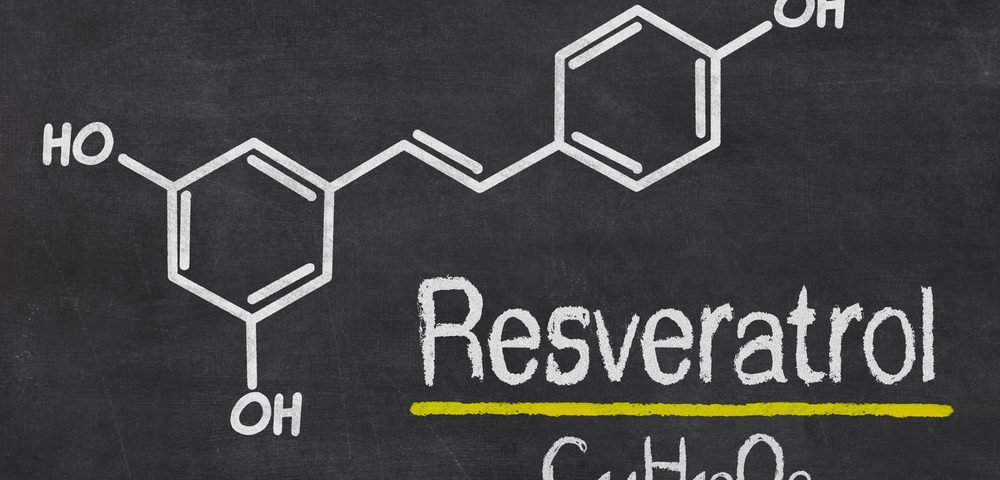The plant-derived compound resveratrol may be an effective option for the treatment of endometriosis, but although clinical trials indicate it is safe, data on its effectiveness and long-term safety in endometriosis patients is lacking.
Reviewing studies of resveratrol in endometriosis, researchers at Iran University of Medical Sciences also noted there is not enough information about how resveratrol acts to harness endometriosis growth.
The review, “Resveratrol and endometriosis: In vitro and animal studies and underlying mechanisms,” was published in the journal Biomedicine and Pharmacotherapy.
Resveratrol is a compound found mainly in grapes and red wines, but is present in many other plants, including peanuts, certain berries, legumes and some fungi. Studies confirm that when the compound is ingested, it reaches blood concentrations high enough to impact biological processes.
Interest in the compound has been high, and numerous studies suggest it has anti-cancer, anti-inflammatory and antioxidant properties. All three of these features are relevant to endometriosis treatment.
Researchers believe endometriosis cells behave more like cancer cells than the cells making up normal endometrial tissue. They survive in an environment where they should die, and they have a tendency to invade other tissues. Inflammation and oxidative damage is thought to drive endometriosis development.
Studies in both cells and animal models of endometriosis have confirmed that resveratrol has antioxidant properties, acting on several enzymes.
Also, some studies in lab-grown cells and mice show that resveratrol can lower the multiplication rates of endometriosis cells, and trigger cell death. But these findings have not been endorsed by all. Other studies have not found that resveratrol triggers cell death.
The review authors pointed out that the apparently contradicting results can be explained by several factors. The animal models and tissues researchers used varied across the studies.
Moreover, they noted that cell death after resveratrol treatment may not be caused directly by the drug, but rather be a consequence of resveratrol’s suppression of blood vessel formation and prevention of invasive properties.
But studies also show the plant compound has effects on several molecular factors involved in cell survival and multiplication.
Molecular players also are well-studied in the context of inflammation. Several cytokines — inflammatory mediators thought to be involved in endometriosis — have been reported to be affected by resveratrol, including IL-8, IL-6, and TNF-alpha.
The compound also suppresses a factor called NF-kB, which acts to control the activity of numerous genes involved in inflammation and oxidative processes. Likewise, molecular factors involved in the invasive properties of endometriosis, as well blood vessel growth, also are suppressed by treatment with the plant compound.
The reviewed studies show that resveratrol acts in complex ways on molecular signaling pathways within cells, which potentially can suppress the growth of endometriosis, trigger cell death, reduce inflammation and oxidative stress, and prevent endometrial cells from invading other tissues.
Still, although plenty of studies of resveratrol’s molecular actions exist, the research team underscored that it is crucial to better understand the exact mechanisms by which the compound suppresses endometriosis.

